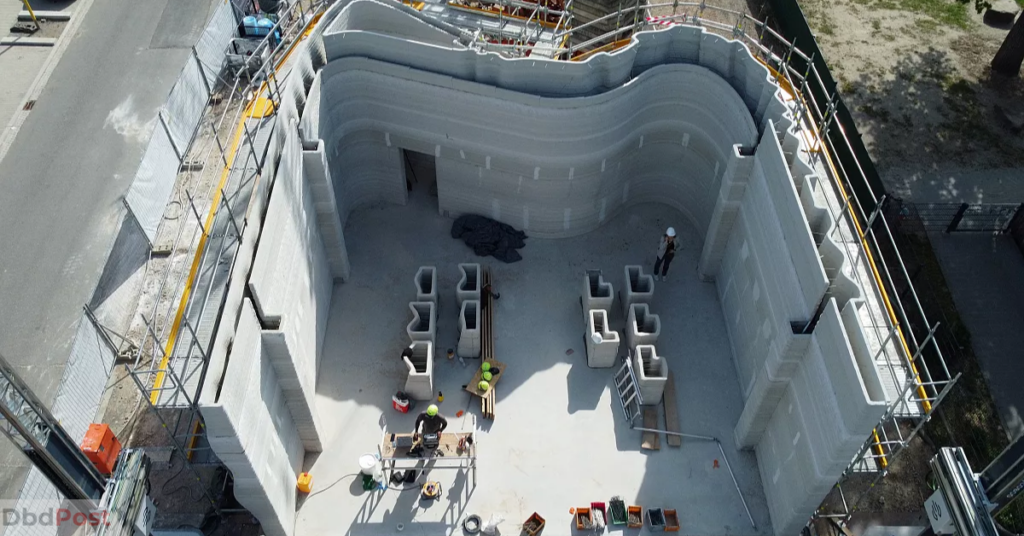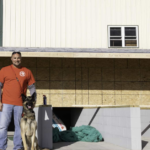Canada has made a noteworthy advancement in construction innovation. Transport Canada successfully tested a prototype building completed in just eight days. This project demonstrates a breakthrough in modular building techniques.
The 380-square-foot structure stands at the former Killaloe Airport. It was built at the drones and robotics test field to test a rapid construction method using prefabricated panels.
FLEX Structure, a British Columbia-based company, designed the lightweight panels. These panels are highly insulated, durable, and weather-sealed. Their energy efficiency enhances sustainability while maintaining structural resilience.
Unlike traditional construction, this method significantly reduces building time. Conventional approaches take weeks or even months. FLEX Structure’s pre-assembled panels slash that timeframe to days.
This efficiency makes the technology ideal for various applications, including emergency shelters, storage units, and remote operation centers. The ability to dismantle and relocate the structures adds even more versatility.
Innovative Solutions Canada funded this project. This program, managed by Innovation, Science, and Economic Development Canada, fosters technological advancements and benefits small and medium-sized enterprises through financial support.
Transport Canada partnered with Invest Ottawa for the testing phase. Over the next few months, experts will evaluate the structure’s durability, including its resistance to environmental conditions and overall structural integrity.
A final technical report is due by the summer of 2025. The findings will determine if the technology is ready for broader use. Government officials and industry experts are closely monitoring the results.
Minister of Transport and Internal Trade Anita Anand sees excellent potential in this initiative. If the prototype meets expectations, it could revolutionize airport infrastructure.
The technology offers a cost-effective, efficient alternative to traditional construction methods.
The construction industry has long struggled with delays, labor shortages, and high costs. Prefabricated and modular building methods offer solutions.
Countries like Sweden and Japan already use similar techniques to meet housing and infrastructure demands.
Canada is now exploring the benefits of this approach. Modular construction offers speed, cost savings, and sustainability. It is a viable alternative to outdated building practices.
With climate resilience becoming more critical, sustainable construction methods are a priority. FLEX Structure’s panels showcase energy efficiency and minimal waste. Utilizing them can significantly reduce the carbon footprint of newly constructed buildings.
Testing will continue over the next several months. The goal is to determine how well the structure withstands real-world conditions. If successful, this method could be scaled up for broader use.
Experts and policymakers are watching closely. A successful test could transform how Canada approaches infrastructure projects. Faster, more sustainable construction would benefit many sectors.
A timelapse video of the construction process is available. It provides insight into the efficiency of the eight-day build and shows how quickly the structure came together.
As results emerge, industries will evaluate how this technology fits their needs. Airports, emergency response teams, and remote work sites could all benefit.
The future of rapid, sustainable construction in Canada looks promising.
- 107shares
- Facebook Messenger
About the author
Arijit Negi is a seasoned journalist and Senior Contributor with expertise in global affairs, politics, and culture.
With a decade of experience in storytelling and analysis, his work aims to inform and inspire readers.





